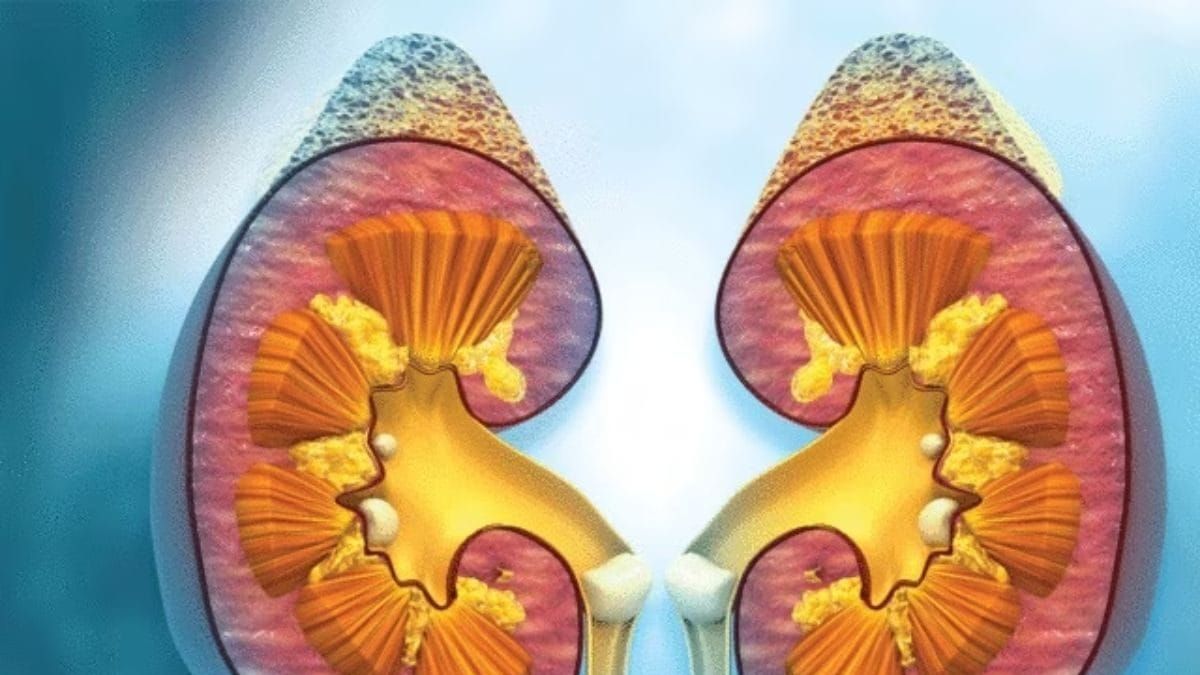Early Detection and Diagnosis Important to Improve Kidney Cancer Outcomes
Dr. Anadi Pacaury, Consultant Surgical Oncology, Manipal Hospital, Gurugram, shares the importance of early detection of kidney cancer.
Kidney cancer is a type of cancer that starts in the kidneys. It is estimated that kidney cancer accounts for about 2% to 3% of all cancers worldwide. The condition often goes unnoticed in the early stages due to the lack of symptoms. When people begin to see symptoms such as blood in the urine, the cancer has advanced in stage, making it difficult to treat.
Early detection can increase the chances of treatment success and survival. Early detection also prevents the spread of cancer to other parts of the body and allows for less aggressive treatments. The cost of treatment also decreases after early diagnosis because less expensive treatments are performed. Early detection significantly improves the chances of successfully treating kidney problems. Through procedures such as Nephron-Sparing Surgeries (also known as partial nephrectomy), it is possible to preserve kidney function by removing only the diseased part of the organ, thus safeguarding overall kidney health.
There are many methods by which kidney cancer can be detected, including:
- Imaging testsIt includes tests such as ultrasound, CT scans, and MRIs to identify abnormalities in the kidney. These tests can even detect tumors that are too small to cause noticeable symptoms.
- Blood and urine tests.Although there is no specific blood or urine test to determine kidney cancer, these tests can detect any abnormalities for further investigation. For example, when certain substances have high levels in the blood, there are high chances of kidney dysfunction.
- genetic testingIt is generally recommended for those who have a family history of kidney cancer. The identification of genetic mutations helps with early detection and closer monitoring of the disease.
- Regular reviewsRoutine medical checkups also play an important role in early detection. Doctors can recommend necessary tests and screenings to check the severity of the condition. Timely and accurate diagnosis is important to develop adequate and effective treatment. Ideally, diagnosis includes imaging, biopsy, and tests to verify the stage and grade of the cancer. Understanding the cancer condition helps select the necessary treatment.
Treatment options:Treatment depends on the stage of the cancer, the patient's health, and other factors. Cancer in its early stage can be treated successfully simply by surgery. Some primary surgeries include:
• Partial nephrectomy: it is the removal of the tumor and preservation of the kidney to the extent possible. • Radical nephrectomy: in this the entire affected kidney is removed. It is performed only when the tumor is large or located in the center.
In advanced conditions, treatments such as targeted therapy, radiotherapy or immunotherapy are performed. Targeted therapy includes drugs that particularly attack cancer cells, while immunotherapy helps boost the immune system and radiation therapy uses high-energy rays to shrink tumors or kill cancer cells.
Early detection and diagnosis are important to improve kidney cancer outcomes. With early detection, people will undergo less invasive treatment, survival rate will increase, and quality of life will also improve. Routine checkups, screening tests, and awareness are important to identify the condition. As medical technology advances, it is important to detect and diagnose the condition early, as it is the cornerstone of the fight against childhood cancer.












